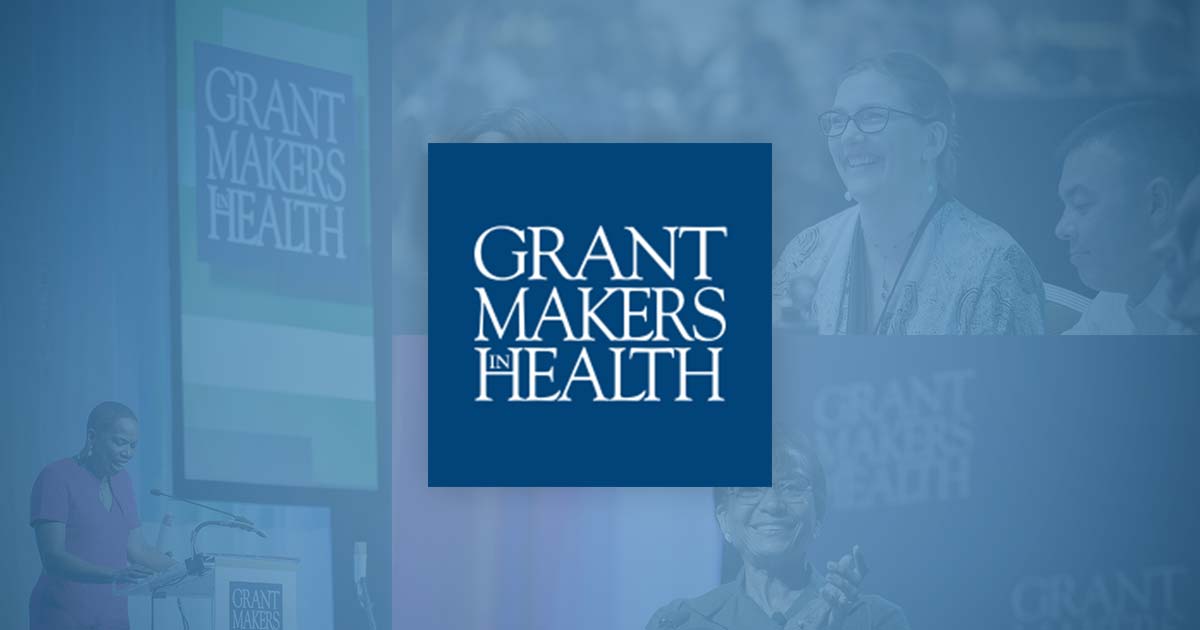Integrating Health Services for People with Co-Occurring Mental Health and Substance Use Disorders
Care for people with co-occurring conditions remains terribly fragmented. Three separate systems exist—health, mental health, and substance use services— to care for each individual problem, each one with its own set of norms, culture, regulations, reimbursement process, and accountability.
Dental Hub and Spoke Project Links Kansans in Underserved Areas to Dental Care
Kansas, like many states with a vast rural geography, has substantial areas with little or no access to oral health services. Studies of the Kansas dental workforce show 93 of 105 counties do not have enough dentists to serve their population.
Making the Connection with HIT
Health information technology (HIT) is now widely regarded as a promising tool for improving the quality, safety, and efficiency of the health care delivery system – largely due to a major influx of federal funding and the Affordable Care Act. Despite its newfound prominence, the benefits of HIT were only championed by a small cadre of health care professionals a mere six year ago.
The One that Got Away: Emerging Leaders in Health Philanthropy on Moving up and Moving on
Does philanthropy in the 21st century offer a viable career path for rising leaders with fresh visions and several decades of potential contributions before them, or is it a significant, yet temporary stop on what is sure to be a varied career journey?

